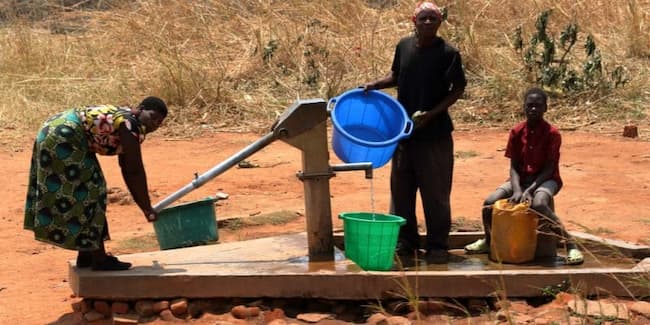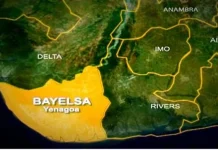To tackle the country’s water challenges, the Federal Government has shifted adopted the use of hydrological solutions.
This was disclosed by the Director, River Basin Operations and Inspectorate, John Ochigbo, who represented the Minister of Water Resources, Suleiman Adamu, at a workshop, according to NAN.
The four-day workshop jointly organised by UNESCO and the National Resources Institute, Kaduna themed, ‘Strengthening eco-hydrological approach as a tool for enhancing water quality in West Africa’ focused on the use of hydrological system to improve the country’s biodiversity and create a sustainable water resource development.
Ochigbo said, “Eco-hydrology is gaining ground worldwide as a problem-solving science and it is imperative to create interest in implementing this novel approach to water environmental management for sustainable livelihood.
“Many water professionals and practitioners have an engineering background with little or no knowledge of how to adapt eco-hydrology approaches in their work.
READ ALSO: Nigeria’s Goods Import Bill Hit $50.3b In 2020
“There is the need to enhance understanding of eco-hydrology and empower sector professionals with necessary tools to implement Integrated Water Resources Management and achieve water security.”
Emphasising the need for proper water management in Africa, the regional Officer of UNESCO, Dakar, Dimitri Sanga, said that water faced “persistent threats”.
Sanga said, “There is the need for proper management of water, especially in Africa as it plays a fundamental role to ensure that there was enough to drink, to grow food, and to maintain good sanitary conditions.
“Water has ecological, social and economic dimensions and its management can have consequences or benefits for communities, groups, and individuals around the world, especially in Africa.
“We rely so much on water as an important life support system, but water faces persistent threats from overuse, contamination, population pressure, and adverse climate change impacts.
“As such broadening applications of eco-hydrology will be indispensable to solve these problems,”












